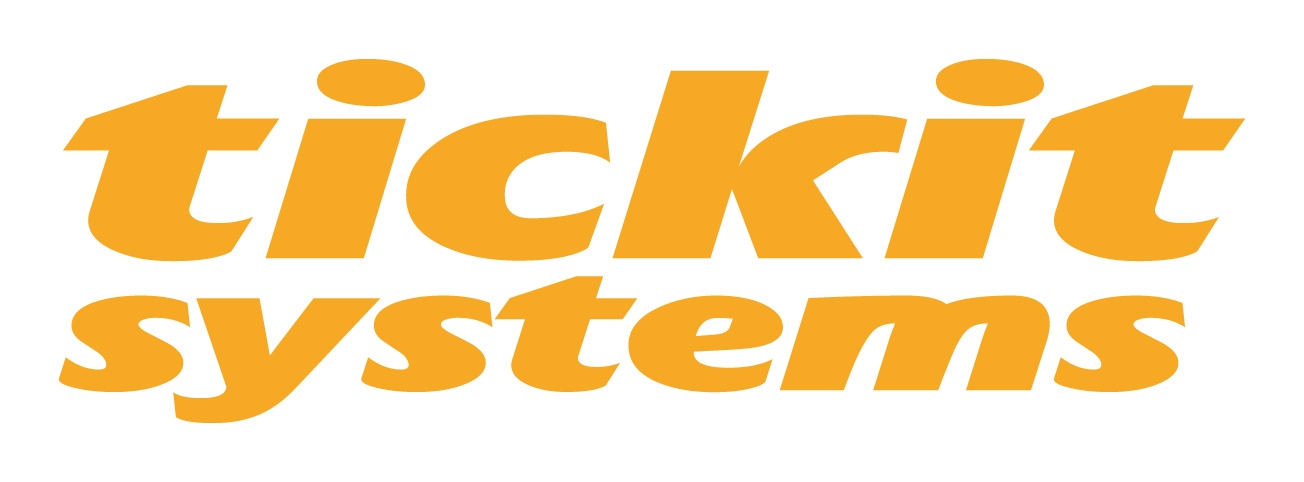
Aged Care: The Necessity of a Governance, Risk, and Compliance System
The aged care sector plays a vital role in society, providing essential services to older adults and ensuring they lead dignified, comfortable lives. However, this sector faces a myriad of challenges, including increasing regulatory scrutiny, growing public expectations, and complex operational demands. To meet these challenges, the implementation of robust Governance, Risk, and Compliance (GRC) system is not just beneficial but essential.
Why Governance, Risk, and Compliance Matter in Aged Care
Governance ensures that aged care organizations have clear leadership, accountability, and strategic direction. This helps in making informed decisions that align with the mission of providing quality care.
Risk management focuses on identifying, assessing, and mitigating potential risks—whether they pertain to patient safety, financial stability, or operational disruptions. This is particularly critical in aged care, where the stakes are high and even minor errors can have significant consequences.
Compliance ensures adherence to laws, regulations, and ethical standards, safeguarding both the organization and its residents from legal and reputational harm.
Key Challenges in Aged Care
- Regulatory Complexity: Aged care providers must navigate a web of regulations, such as those from government bodies, health departments, and accreditation agencies. Staying compliant can be resource-intensive and complex.
- Evolving Risks: Risks in aged care include patient safety issues, cybersecurity threats, financial mismanagement, and workforce shortages. The COVID-19 pandemic underscored the sector’s vulnerability to crises.
- Public Accountability: Public trust is crucial in aged care. Scandals involving poor care or neglect can severely damage an organization’s reputation and jeopardize its operations.
- Data Protection: With increasing reliance on digital systems, protecting sensitive resident information from breaches is a significant concern.
Benefits of a GRC System in Aged Care
- Improved Resident Safety and Care Quality
A GRC framework integrates risk management with day-to-day operations, helping identify potential issues before they escalate. For example, tracking incidents and conducting regular audits can prevent medical errors and ensure a higher standard of care. - Enhanced Regulatory Compliance
Automated GRC systems can monitor regulatory changes in real-time, ensuring that policies and practices remain up-to-date and aligned with legal requirements. - Efficient Resource Allocation
By identifying risks and streamlining processes, GRC systems help allocate resources effectively. For example, predictive analytics can forecast staffing needs to address workforce shortages. - Strengthened Reputation and Trust
Transparency and accountability foster trust among residents, families, and stakeholders. A robust GRC system demonstrates the organization’s commitment to ethical practices and high-quality care.
5. Crisis Preparedness
A comprehensive GRC framework ensures that aged care organizations are better prepared for unexpected events, from pandemics to natural disasters, minimizing disruptions to care.
Aged care is a sector where lives are directly impacted by organizational practices and policies. By adopting a robust Governance, Risk, and Compliance system, providers can navigate complexities, enhance care quality, and build a foundation of trust and accountability. As the demand for aged care services grows, the importance of GRC will only continue to rise.
Contact Tickit Systems for more information.

Recent Comments